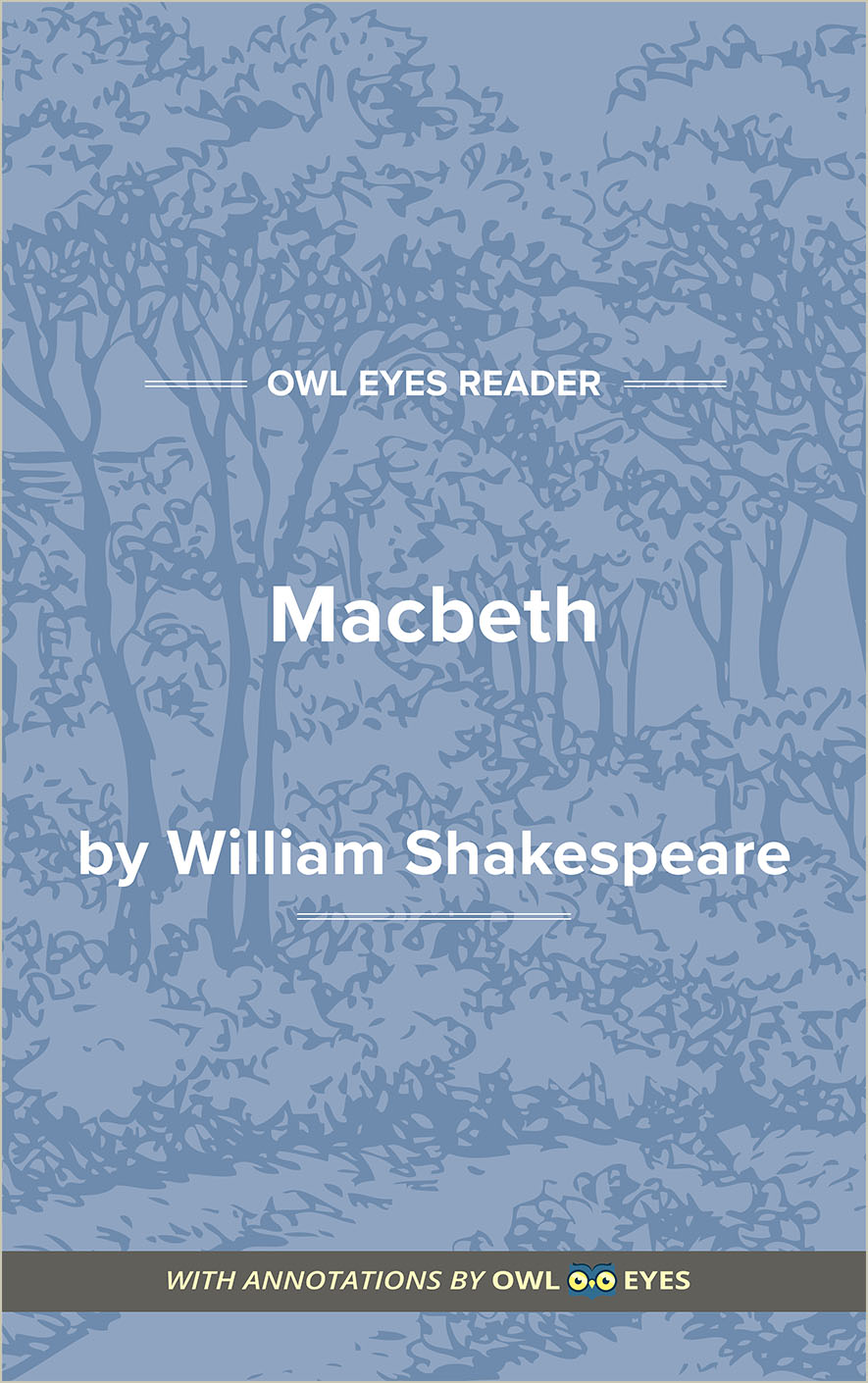Analysis Pages
Irony in Macbeth
Irony Examples in Macbeth:
Act I - Scene IV
🔒"There's no art To find the mind's construction in the face:..." See in text (Act I - Scene IV)
Act I - Scene VI
🔒"This castle hath a pleasant seat..." See in text (Act I - Scene VI)
Act II - Scene I
🔒"A friend..." See in text (Act II - Scene I)
Act II - Scene II
🔒"so, it will make us mad...." See in text (Act II - Scene II)
Act III - Scene VI
🔒"To kill their gracious father?..." See in text (Act III - Scene VI)
Act IV - Scene II
🔒"your father's dead...." See in text (Act IV - Scene II)
Act IV - Scene III
🔒"Why in that rawness left you wife and child..." See in text (Act IV - Scene III)
"He hath not touch'd you yet..." See in text (Act IV - Scene III)
Act V - Scene III
🔒"goose look..." See in text (Act V - Scene III)

